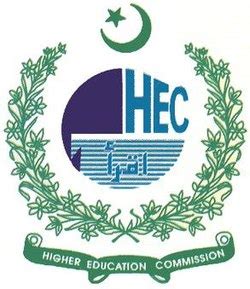Exploring the Impact of Improved Access to Safe Drinking Water and Sanitation on Subjective Wellbeing of Adults in Punjab
DOI:
https://doi.org/10.51732/njssh.v8i2.145Keywords:
Safe Water, Safe Sanitation, Gender, Subjective Wellbeing, Multi-level Mixed Effects Logistic Regression, Punjab, PakistanAbstract
Urban development including water and sanitation infrastructure is critical for mental health. Lack of access to water supply and sanitation can provoke unrest and conflict among the households. However, extant literature has not paid much attention to such association. This study uncovers the impact of improved access to safe drinking water and sanitation on the subjective wellbeing of men and women of the same households in the most populous province, Punjab, of Pakistan. The study extracted data from the latest multiple indicator cluster survey of Punjab and employed a two-level mixed effects logistic regression method due to data hierarchy. The results revealed a positive relationship between piped and bottled water access with the subjective wellbeing of adult men (OR=1.113 and OR=1.274, respectively) and women (OR=1.092 and OR=1.416, respectively). However, improved sanitation was found to have a positive association with the subjective wellbeing of just women (OR=1.169), implying that poor sanitation infrastructure is a particular source of mental stress for women. Improved sanitation was associated with higher self-reported life satisfaction among both men and women (OR=1.194 and OR=1.156 respectively). Our findings provide avenues for policymakers to intervene to improve household water and sanitation infrastructure, which has far-reaching impacts on the life satisfaction.








